The compound that undergoes decarboxylation most readily under mild condition is
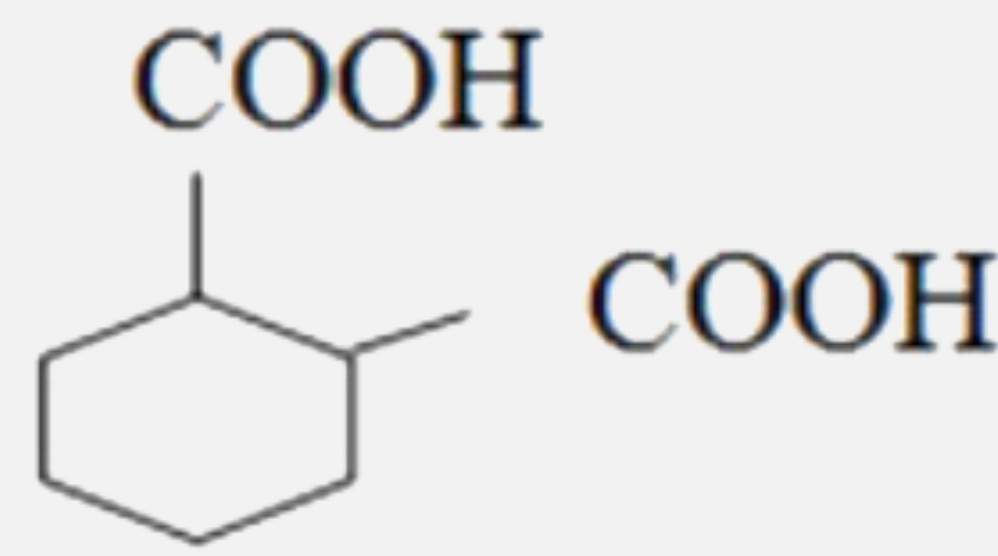
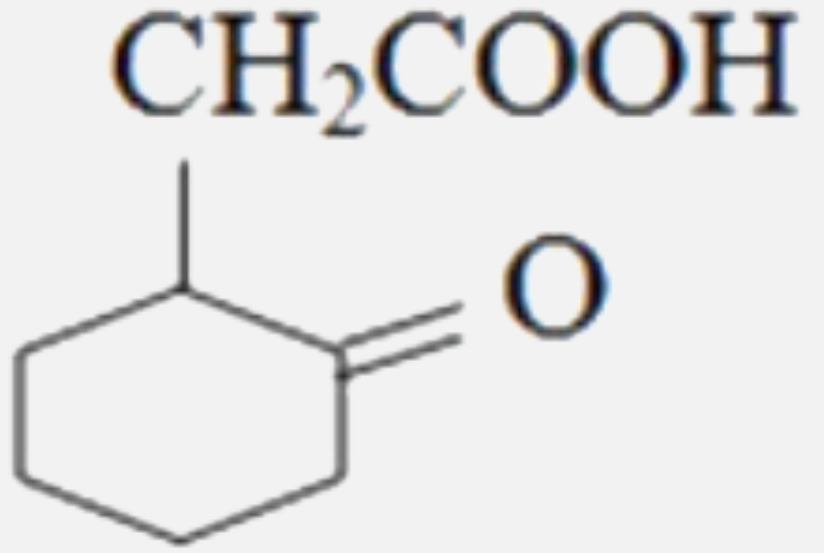
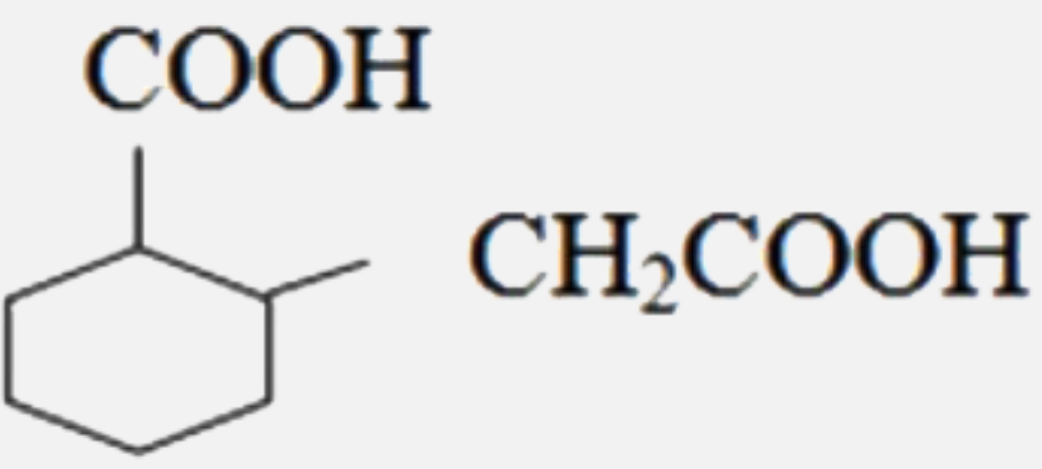
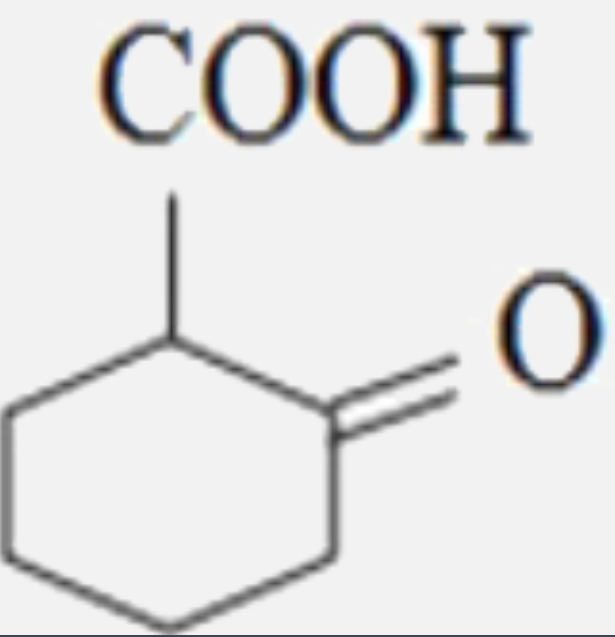
The correct Answer is:D
To determine which compound undergoes decarboxylation most readily under mild conditions, we need to understand the concept of decarboxylation and the types of compounds that are prone to this reaction.
Step 1: Understand Decarboxylation
Decarboxylation is a chemical reaction that involves the removal of a carboxyl group (-COOH) from a compound, resulting in the release of carbon dioxide (CO2). The general reaction can be represented as:
R−COOH→RH+CO2
Step 2: Identify the Types of Compounds
Not all carboxylic acids undergo decarboxylation easily. Simple carboxylic acids are generally stable and require harsh conditions for decarboxylation. However, beta-keto acids (carboxylic acids with a carbonyl group at the beta position) are more reactive and can undergo decarboxylation under mild conditions.
Step 3: Analyze the Given Options
1. Option 1: A simple carboxylic acid - unlikely to undergo decarboxylation under mild conditions.
2. Option 2: Not a beta-keto acid - also unlikely to undergo decarboxylation.
3. Option 3: Not a beta-keto acid - again, unlikely to undergo decarboxylation.
4. Option 4: Contains a beta-keto acid - likely to undergo decarboxylation readily under mild conditions.
Step 4: Confirm the Correct Option
The fourth option is a beta-keto acid, which is known to undergo decarboxylation readily due to the instability of the intermediate formed during the reaction. The presence of the carbonyl group at the beta position facilitates the loss of carbon dioxide.
Conclusion
The compound that undergoes decarboxylation most readily under mild conditions is 2-oxo-cyclohexane carboxylic acid (Option 4).
Decarboxylation is a chemical reaction that involves the removal of a carboxyl group (-COOH) from a compound, resulting in the release of carbon dioxide (CO2). The general reaction can be represented as:
R−COOH→RH+CO2
Not all carboxylic acids undergo decarboxylation easily. Simple carboxylic acids are generally stable and require harsh conditions for decarboxylation. However, beta-keto acids (carboxylic acids with a carbonyl group at the beta position) are more reactive and can undergo decarboxylation under mild conditions.
1. Option 1: A simple carboxylic acid - unlikely to undergo decarboxylation under mild conditions.
2. Option 2: Not a beta-keto acid - also unlikely to undergo decarboxylation.
3. Option 3: Not a beta-keto acid - again, unlikely to undergo decarboxylation.
4. Option 4: Contains a beta-keto acid - likely to undergo decarboxylation readily under mild conditions.
The fourth option is a beta-keto acid, which is known to undergo decarboxylation readily due to the instability of the intermediate formed during the reaction. The presence of the carbonyl group at the beta position facilitates the loss of carbon dioxide.
The compound that undergoes decarboxylation most readily under mild conditions is 2-oxo-cyclohexane carboxylic acid (Option 4).
Similar Questions
Knowledge Check
The compound which undergoes Srl reaction most rapidly is :
A B
B C
C D
D
Which of the following undergoes decarboxylation most readily on being heated ?
A B
B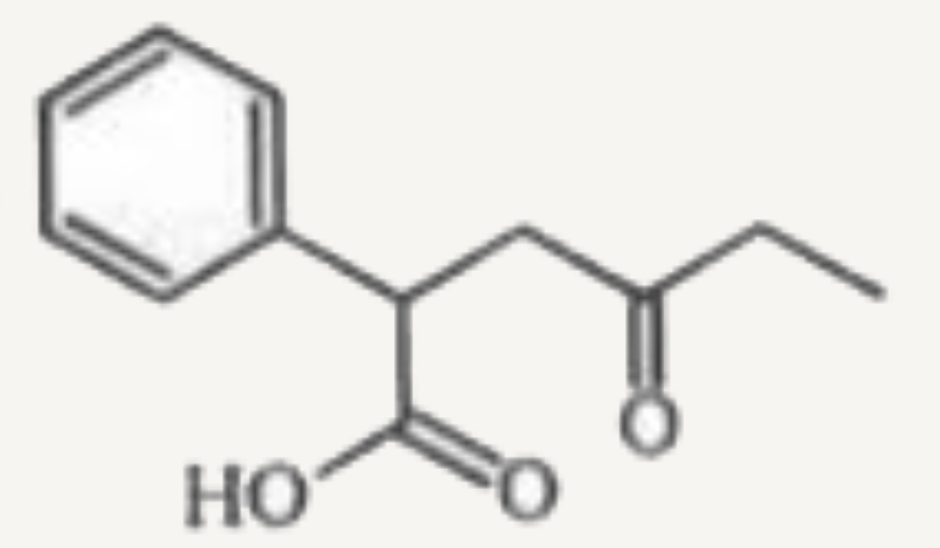 C
C D
D
Which of the following carboxylic acids undergoes decarboxylation most easily on heating?
ACH3CH2COOHBCH3−O∣∣C−COOHCCH3−O∣∣C−CH2−O∣∣C−OHD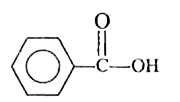
Lead dissolves most readily in
View SolutionBenzene does not readily undergo
View SolutionWhich one of following compounds undergoes EI reaction most readily?
View SolutionWhich of the following compound undergoes dehydrochlorination most easily when treated with alcoholic KOH ?
View SolutionChoose the incorrect rate of decarboxylation in the mentioned conditions :
View Solution
